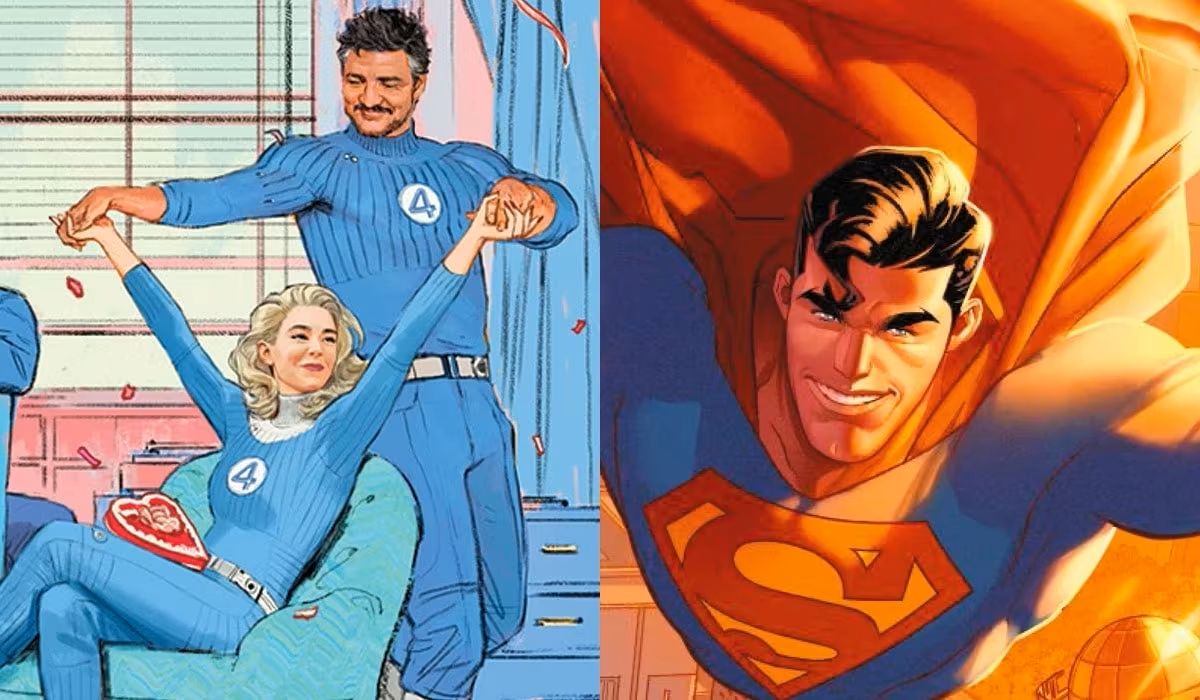“In the land of the blind, the one-eyed man is king.” -Tom Waits
Unless you’ve been living under a rock the past month, you’ve probably been told to watch Susanne Bier’s new film, “Bird Box.” An adaptation of a Josh Malerman novel of the same name, the latest entry in Netflix’s array of original movies has proven to be a hit. In their latest letter to stockholders, Netflix says 80 million members are projected to watch it by the end of the month (Netflix’s latest Letter to the Shareholders). If you’re just as suspicious as I am of Netflix’s method of quantifying their streaming numbers, the buzz on the internet should be enough to prove its popularity. However, despite its current cult status, the streaming giant’s latest effort ultimately falls flat in nearly everything it attempts to do.
Sandra Bullock pulls off one of her most intense performances to date as a mother going through what no mother should. The film opens with an intense monologue from her towards two children, as she drills into them that no matter what, they are to never take their blindfolds off. The opening is easily one of the movie’s strengths, dropping us right into the action with no explanation. The kids pull off great performances too, saying everything we need to know about Bullock’s history with her children via the checked-out looks on their faces.
We then flash back to five years earlier, and the cracks begin to show. Bullock is pregnant and lives alone, and despite her sister’s pleas to get out more, she seems content. Her arc, as someone selfish and unable to come to grips with motherhood, is one of the movie’s main themes and one of its biggest flaws. Like much more of what the film offers, it is never fully thought out and falls flat.
Whatever danger Bullock warns about in the introduction eventually shows itself, as worldwide mass suicides are reported on TV (one of many elements reminiscent of Alfonso Cuarón’s acclaimed 2007 apocalyptic film, “Children of Men”). Later, the disease finally steps foot in America when a woman suddenly bashes her head in on a hospital window. Bullock and her sister hightail it across the highway, and her sister sees whatever it is that causes the disease and dies crashing the car.
Without diving into spoilers, the film doesn’t offer much more outside of a series of missteps from this point forward. Bullock joins a ragtag crew of mostly unnecessary, underdeveloped characters used as nothing more than plot devices and test dummies. Entire scenes are dedicated to either explaining what we already know or prying out a scare from you. For example, in an excruciating five minutes, the crew stands around the kitchen and repeats what had been said about the virus already by Bullock’s sister’s death. And later on, a camera device is introduced to watch the monsters, and a character immediately dies using it. The movie is filled up with unnecessary scary or exposition-filled scenes like this that don’t do much more outside of bogging the plot down. When you’re not getting pumped with dialogue, you’re getting another character or group of characters that test their limits against the danger. The film really just meanders into one scene after another with little structure, checking the boxes instead of following a fluid three acts. The end doesn’t offer much of a conclusion either, with a cheap ending to Bullock’s cheap arc, more than necessary unanswered questions about the illness and inconsistencies with what should happen to a human body in a span of five post-apocalyptic years.
“Bird Box” could have easily had 30 minutes and a few characters cut off and would have been far more effective. Instead, what we are left is a pandering slap in the face of visual storytelling. The excess dialogue, purposeless scary scenes and inconsistencies with the primary conflict and time lead this whole movie to feel more like a first or second draft, instead of a finished product. While I haven’t read the book myself, the exposition dumps proved that it never needed to be adapted. What could have been a great story about mental illness and coping in the face of disaster is another half-baked, forgettable flick churned up and plopped out of the writers’ room by studio executives.
Final verdict: ★★☆☆☆
A fun group watch, but don’t expect much substance from Netflix’s latest original.
Categories:
‘Bird Box’ review: the truth is for the blind and psychotic
Judson Greene, TimeOut Senior Staff Writer
January 22, 2019
0
Donate to The Tiger
Your donation will support the student journalists of Clemson University. Your contribution will allow us to purchase equipment and cover our annual website hosting costs.
More to Discover








